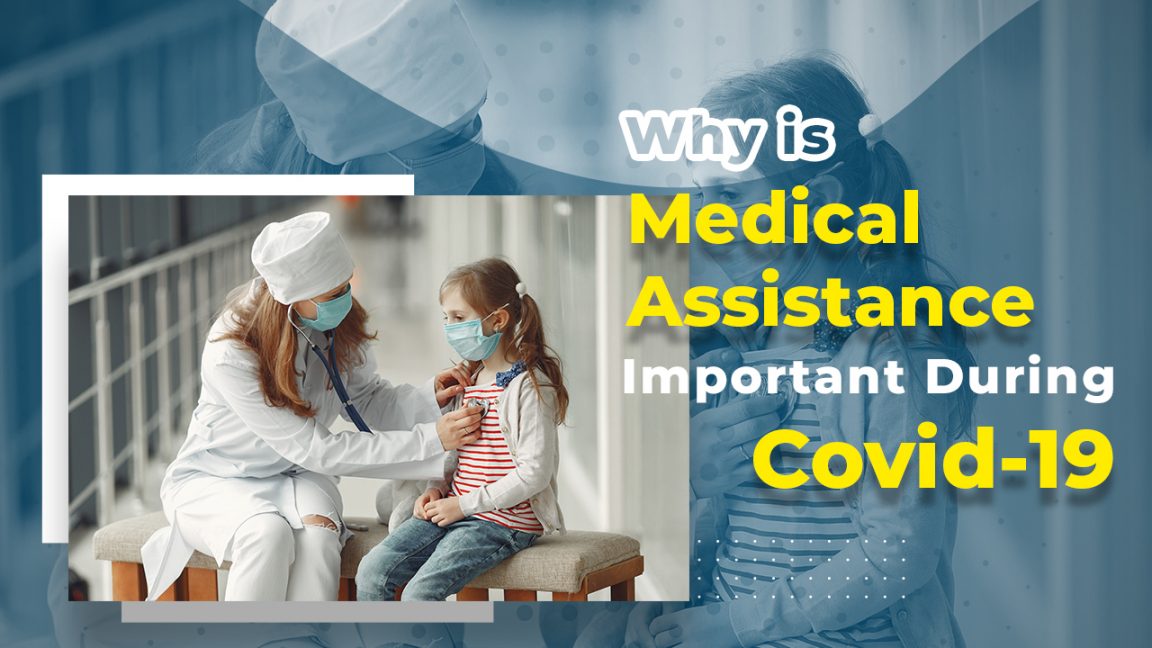The Covid-19 pandemic has brought into sharp attention, the requirement for health care changes that elevate widespread access to medical facilities. Albeit all parts of U.S. insurance will confront unimaginable difficulties in the coming months, the interwoven way we administer and pay for medicinal services is disentangling in this season of emergency, leaving a large number of individual’s defenseless and requiring quick, organized political activity to guarantee access to moderate consideration.
About portion of Americans get wellbeing benefits through their manager and with record numbers petitioning for joblessness protection, millions wind up without medical coverage amidst the biggest pandemic in a century. Indeed, even the individuals who keep up protection inclusion may discover care unreasonably expensive.
The Need For Medical Assistance During Covid-19
Before the pandemic, explore indicated that the more significant part of Americans with business supported medical coverage had deferred or delayed advanced treatment for themselves or a relative in the earlier year because of cost.
The loss of occupations, salaries, and medical coverage related to the pandemic will extraordinarily worsen existing medicinal services cost difficulties for all Americans. For example, in an ongoing survey, 68% of grown-ups said the cash-based costs they may need to pay would be very or, to some degree, critical to their choice to look for care if they had side effects of Covid-19. The inability to get testing and treatment in light of cost hurts everybody by dragging out the pandemic, expanding its bleakness and mortality, and fueling its economic effect.
To address heap issues raised by Covid-19, Congress has passed two vast bits of enactment, with bound to come. The Families First Coronavirus Response Act (FFCRA) requires every private back up plan, Medicare, and Medicaid to cover Covid-19 testing and kill all cost-sharing (copayments, deductibles, and coinsurance installments) related with testing administrations during the general wellbeing crisis.
It additionally appropriated $1 billion for the Public Health and Social Services Emergency Fund account to cover testing for uninsured people under state Medicaid plans. Even though the FFCRA helps with testing costs, patients stay defenseless against cost-sharing expenses related to treatment (for example, hospitalization) until they arrive at their yearly cash-based most extreme, which can surpass $8,000 for an individual and $16,000 for a family.
The Coronavirus Aid, Relief, and Economic Security (CARES) Act, a $2.2 trillion pandemic-alleviation bill, requires every single private intend to cover Covid-19 testing and future antibodies. Yet, it avoids wiping out cost-sharing for Covid-19 treatment.
The CARES Act appropriated about $100 billion for medical clinics and social insurance suppliers. It was adapted on suppliers’ deal to avoid charging safeguarded patients more than their in-arrange cost-sharing sums and not to charge uninsured patients at all for Covid-19 treatment. The national government will repay suppliers at Medicare rates for treating uninsured patients.
The CARES Act likewise gave free duty credits, crisis awards, and advances to assist organizations with keeping workers on the finance or leave of absence through June 2020, while broadening and expanding joblessness benefits for the individuals who lost their positions.
This post was created with our nice and easy submission form. Create your post!






Comments
0 comments